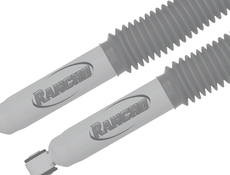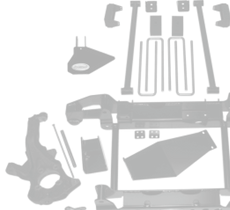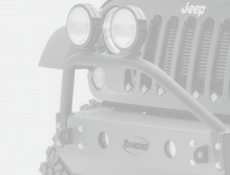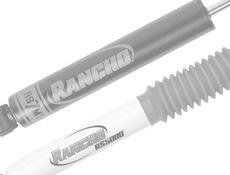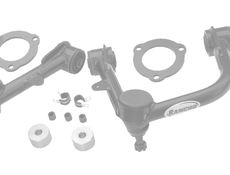Camping vs Overlanding
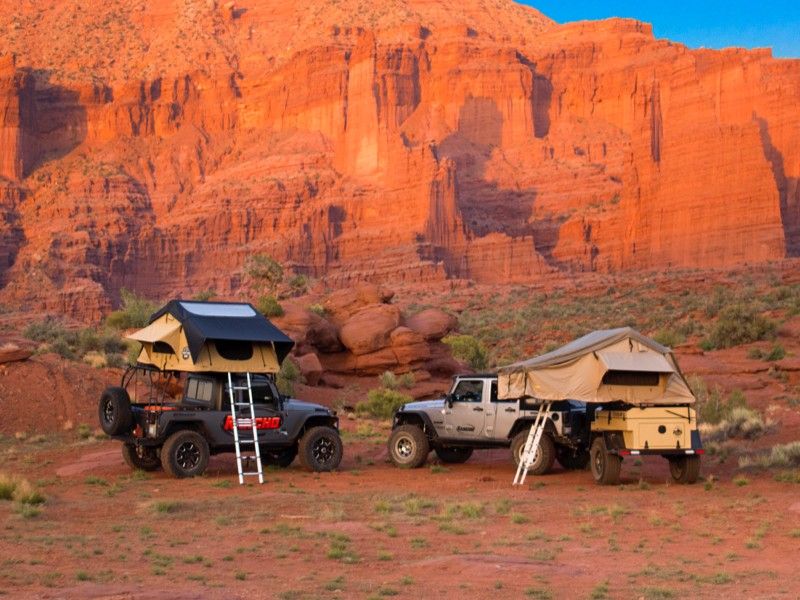
EXPLORING THE GREAT OUTDOORS
Camping and overlanding are popular ways to get out into nature to relax and unwind. While many people use overlanding and camping interchangeably, these are two distinct pastimes. Learn the differences between these two activities.
WHAT IS CAMPING?
Whether you use a tent, travel trailer or fifth wheel, camping is the perfect way to explore the attractions of an area. Camping can take place in a remote location or in a campground with amenities; however, in both scenarios, the destination is the most important thing. On a camping trip, the journey to the destination is secondary – the fun starts when you reach your destination and set up your campsite and start discovering local sites.
Camping typically takes place in one location for a short amount of time. Because you’re setting up camp in one location, it gives you time to relax and explore. A camping trip can involve day trips to check out the local sites and quiet nights around the campfire. This combination of side trips and down time make camping a perfect activity for families.
The equipment needed for camping can range from just a tent and a sleeping bag to a travel trailer outfitted with all of the comforts of home. What you need to bring depends on where you’re going and what activities you plan on doing once you get there.

WHAT IS OVERLOADING?
Combining off-roading and camping, overlanding is a vehicle-based adventure the involves traveling to remote locations and camping off the grid. The focus of overlanding is on the journey and not as much on the destination. Exploring the scenery, wildlife and culture along the way are some of the joys of overlanding. While you’re camping each night that you’re on your adventure, typically you don’t set up camp at a campground and stay in one spot; often times the vehicle serves as the campsite.
An overlanding trip is typically for an extended period of time and, therefore, preparation is key. Being in remote locations means that there won’t be modern conveniences or stores nearby and you’ll need to bring everything that you’ll need with you. This requires careful planning.
Because you’re going over rough terrain, your vehicle will need off-road capabilities and be outfitted with the proper suspension to handle dirt roads and trails. Popular vehicle choices are a midsize truck with a hard or soft topper or a Jeep Wrangler or Gladiator. Just as when you’re rock crawling or trail riding, you’ll need basic tools, recovery gear and protective Rancho® rockGEAR® products.

| Camping | Overlanding |
| Destination is the focus | Journey is the focus |
| Trailer, tent or fifth wheel used as shelter | Vehicle or small trailer serves as shelter |
| Camp at one spot – typically a campground | Camp at several different sites |
| Shorter duration – many times under two weeks | Longer duration – can last weeks or months |
| Less gear needed – depends on destination and activities you’re doing | Large amount of gear needed – need to be self sufficient |
Learn more about performance shocks, find your performance suspension part, or find where to buy your shock or suspension part today.
The content in this article is for informational purposes only. You should consult with a certified technician or mechanic if you have questions relating to any of the topics covered herein. Tenneco will not be liable for any loss or damage caused by your reliance on any content.
